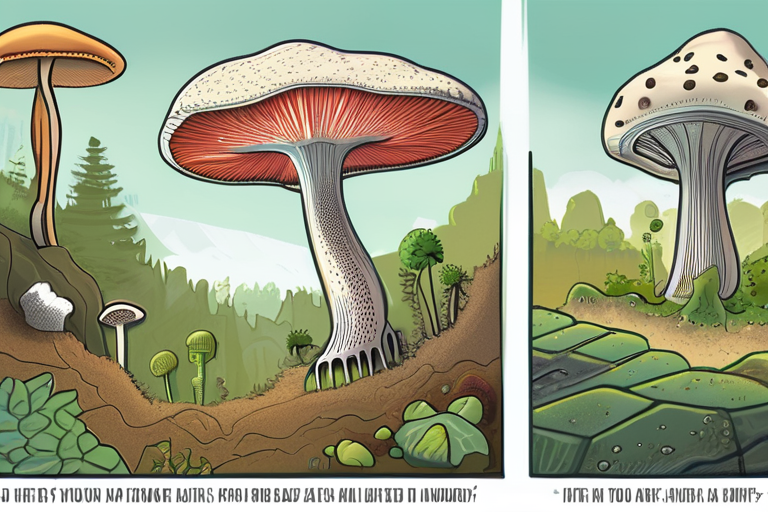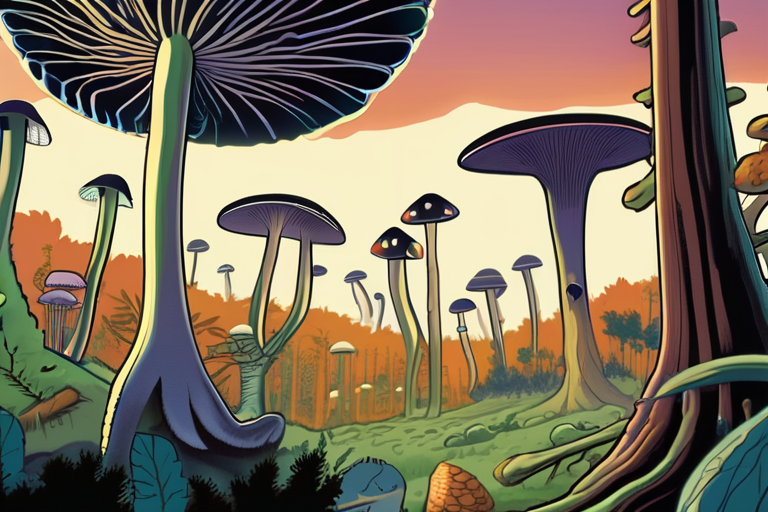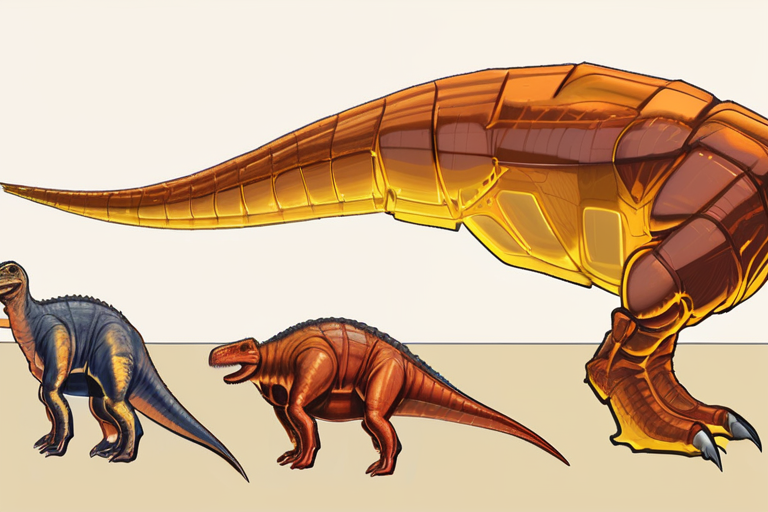Fungi Pioneered Earth's Ecosystems 1 Billion Years Before Plants


Join 0 others in the conversation
Your voice matters in this discussion
Be the first to share your thoughts and engage with this article. Your perspective matters!
Discover articles from our community

 Hoppi
Hoppi

 Hoppi
Hoppi

 Hoppi
Hoppi

 Hoppi
Hoppi

 Hoppi
Hoppi

 Hoppi
Hoppi

Scientists Identify Cause of Earth's Dramatic Shift After Non-Avian Dinosaurs' Extinction A new study published in the journal Communications Earth …

Hoppi

Plants and Fungi Trade Resources Without a Brain In a groundbreaking discovery, scientists have found that plants and fungi are …

Hoppi

Tiny Protein Pairs May Hold Secret to Life's Origin A groundbreaking study by a team of researchers at the University …

Hoppi

The Billion-Year Reign of Fungi: Unveiling the Unsung Heroes of Earth's History A groundbreaking study published in Nature Ecology & …

Hoppi

Dinosaurs' Sudden Extinction Led to Widespread Changes in Earth's Landscape A groundbreaking study published by University of Michigan paleontologist Luke …

Hoppi

Stunning Amber Deposits Hold Insects from the Time of Dinosaurs A team of researchers led by Xavier Delclòs at the …

Hoppi